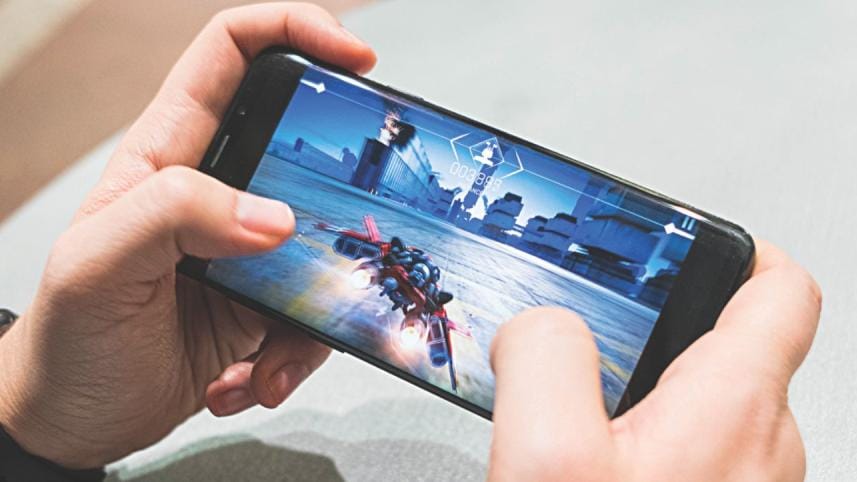Your smartphone might be the cause of your neck pain

A new study published in PLOS One reveals that prolonged cellphone use, and in particular text messaging, can cause neck pain and have an impact on soft tissue that surrounds the spine.
When we receive text messages, we bend our necks to read and respond to them. This movement, which some users repeat up to several hundred times a day, can be damaging to physical health.
Researchers at the University of Khon Kaen in Thailand aiming to elucidate the cause of a syndrome known as "text neck" have highlighted the risks associated with this type of posture.
The team at Khon Kaen filmed 30 smartphone users aged between 18 and 25, who spent up to eight hours a day on their phones. Their ergonomic risk levels were evaluated with a Rapid Upper Limb Assessment tool (RULA), which is often used to analyze the posture of desktop and portable computer users. Participants in the study had an average score of 6 points, well in excess of an acceptable score of one or two points.
"The results identified issues with unsuitable neck, trunk and leg postures which lead to musculoskeletal disorders," points out lead researcher Suwalee Namwongsa.
"Smartphone users typically bend their necks slightly forward when reading and writing text messages. They also sometimes bend or twist their necks sideways and put their upper body and legs in awkward positions," explains physiotherapist Dr Boucaut, who also worked on the study. "These postures put uneven pressure on the soft tissues around the spine that can lead to discomfort."
These latest findings come hot on the heels of another study by the same research team, which has also been published this month in the journal Work. When questioned, a panel of 779 smartphone-using students admitted to experiencing aches and pains: 32% complained of neck pain, 26% had sore shoulders, 20% were bothered by their backs, and 19% by their wrists and hands.
Musculoskeletal disorders were more prevalent among students who spent the most time on their smartphones (more than five hours a day), and among those who smoked and did not exercise.



 For all latest news, follow The Daily Star's Google News channel.
For all latest news, follow The Daily Star's Google News channel.
Comments